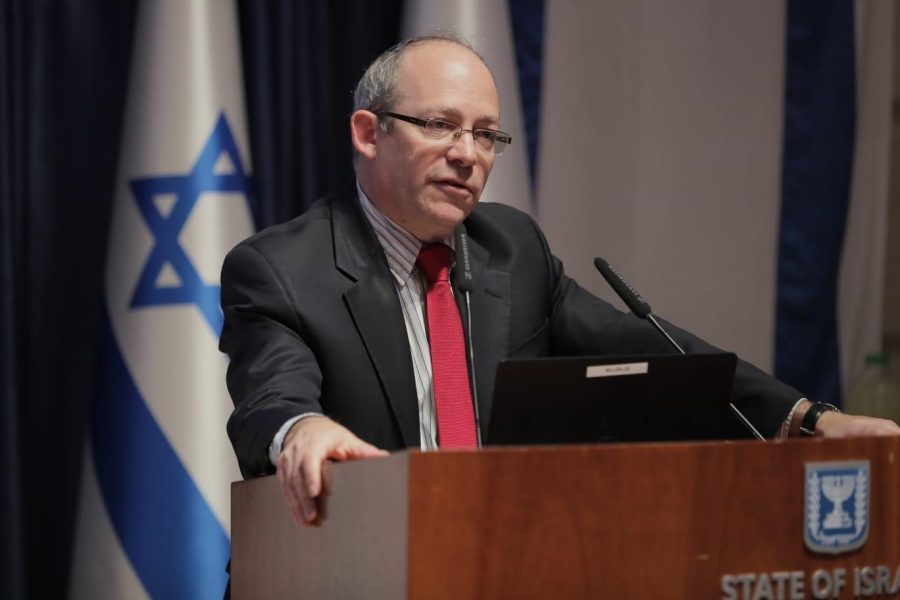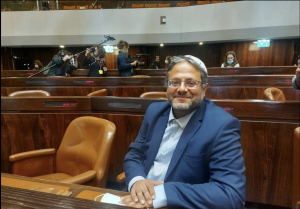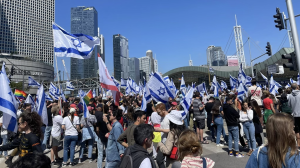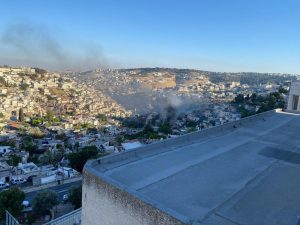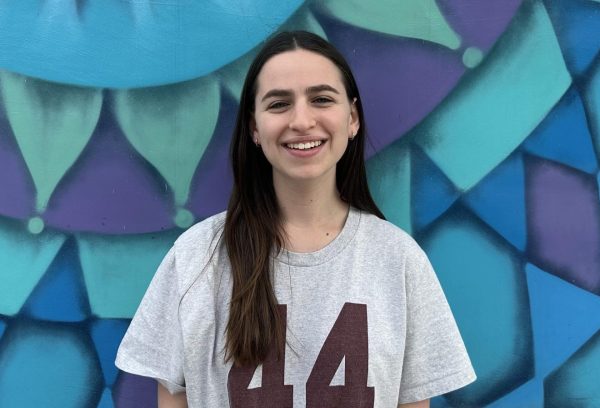Consul General says massive protests over possible judicial changes do not mean Israel needs a Constitution
In interview, Dr. Hillel Newman says Israel’s Basic Laws protect minority rights
DIPLOMAT: Dr. Hillel Newman, Israel’s Consul General for the Pacific Southwest, said the consulate in Los Angeles does not participate in any political activities.
May 14, 2023
When most of Israel was shut down due to a civil strike on March 27, the Israeli Consulate in Los Angeles did not close that day, or any other time that week.
Dr. Hillel Newman, who is Consul General of Israel to the Pacific Southwest, said in a Zoom interview May 10 the Los Angeles consulate does not participate in any political activities regarding Israel.
“In any demonstrations in favor or against, we’re more professional,” Consul General Newman said. “We represent the state of Israel, but we don’t take part in the political debate.”
He also said the country does not need a constitution, something some believe might prevent future conflicts like the one that caused the strike.
Israel’s government is structured according to what it calls Basic Laws, which perform the role of some aspects of a constitution, including how power is divided among different government branches. The Basic Laws were established in the 1950s, and were intended by Israel’s first leaders to be eventually legislated into a constitution.
That has not happened, however, so changes to government structure can be changed by a simple Knesset majority.
The current government has proposed changes to the judiciary, including weakening the power of the Supreme Court to override laws Knesset passes and allowing a government in power at any particular time to be able to select the judges that serve on the committee that chooses who serves on the court. It is these changes that have incited massive protests throughout the country.
“You don’t need a constitution to safeguard minority rights,” Consul General Newman said. “You can do that with Basic Laws, which Israel has done, and those Basic Laws do guarantee minority rights in Israel.”
Dr. Newman said that there were very few demonstrations in Los Angeles in response to the proposed reforms. He declined to give his political view of the conflict that sparked them.
“I, as the Consul General, do not serve my political opinions,” he said. “I am a professional diplomat, I was appointed on a professional basis and I represent the State of Israel.”
He also said that the demonstrations occurring in Israel are testimony to the strength of its democracy.
“The demonstrations themselves are part of democracy, and it’s part of political discourse,” Consul General Newman said. “We’re now dealing with internal issues. Throughout our 75 years of existence, we’ve been dealing with security and foreign affairs issues. We haven’t really taken care of internal issues … so we need to take care of them.”
The Consul General also said that trips to Israel did not cease or decrease as a result of the demonstrations against the government or the proposed reforms.
“There’s been a huge increase in tourism to Israel,” said Consul General Newman. “There’s a lot of interest going to Israel and seeing the democracy in play.”
He said that Israel is one of the world’s strongest democracies, and always will be. He said the proposed reforms do not pose a threat to the democracy of Israel, that both sides for and against the proposed changes have Israel’s democracy at heart.
“Netanyahu also gave a pledge and said many times that there is no intention to weaken the democracy of Israel in any way,” said Consul General Newman. “No one wants to effect, or diminish, in any way, the strength of the democracy of Israel.”
Dr. Newman declined to discuss his personal political affiliation.
“All camps believe in the strength of democracy and want to preserve the democracy of Israel,” he said. “I know that there have been headlines in newspapers which are misleading, and sometimes intentionally, unfortunately.”

